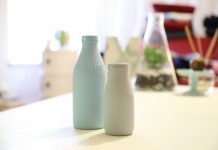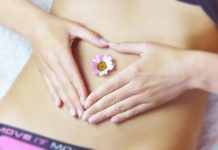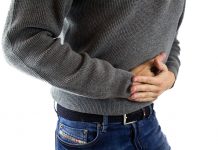
Inadequate and inconsistent fiber seems to be a trigger for people with irritable bowel disease (IBD). Start out with a moderate amount of fiber (15 grams) and gradually build up to your RDA for fiber around 25 (women ages 19 to 50) to 38 (men ages 19 to 50) grams per day.
Eat 3 average sized meals per day and don’t overeat or skip meals. Some foods containing caffeine (coffee, tea, some carbonated beverages and many energy drinks), lactose (a sugar found in milk, yogurt, ice cream, and cheese), fructose found in fruit and alcoholic beverages may cause food intolerance. Sorbitol, mannitol, and xylitol are artificial sweeteners that can cause gas and diarrhea especially if eaten to excess. Avoid gas-producing foods like broccoli, cauliflower, Brussels sprouts, cabbage, baked and dried beans. You should tolerate decaffeinated coffee, tea, and carbonated beverages. Try lactase reduced dairy products like milk so you get the calcium and vitamin D you need.
Definitely keep a food diary to help you identify what, how much and when you eat as well as the time of any negative reactions such as bloating, gas and diarrhea. You may want to record what you are feeling as well as any activity you are doing when you experience symptoms of IBD.
Consider the use of prebiotics and probiotics. Probiotics are good bacteria in active yogurt cultures found in yogurt and kefir. Prebiotics are ingredients like inulin that help increase the good bacteria in your large bowel.
I would recommend seeing a registered dietitian who would take your eating history, food preferences and design a nutrition therapy appropriate to your medical diagnosis. A nutritionist may not have a nutrition degree or experience working in healthcare with diseases like IBD.


